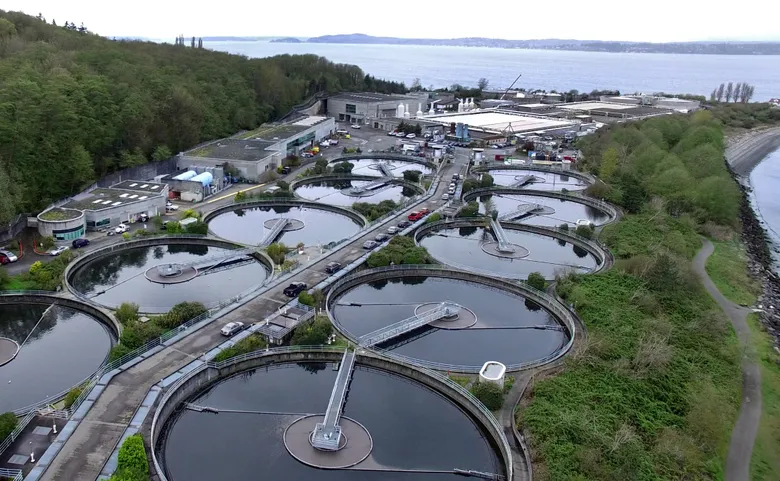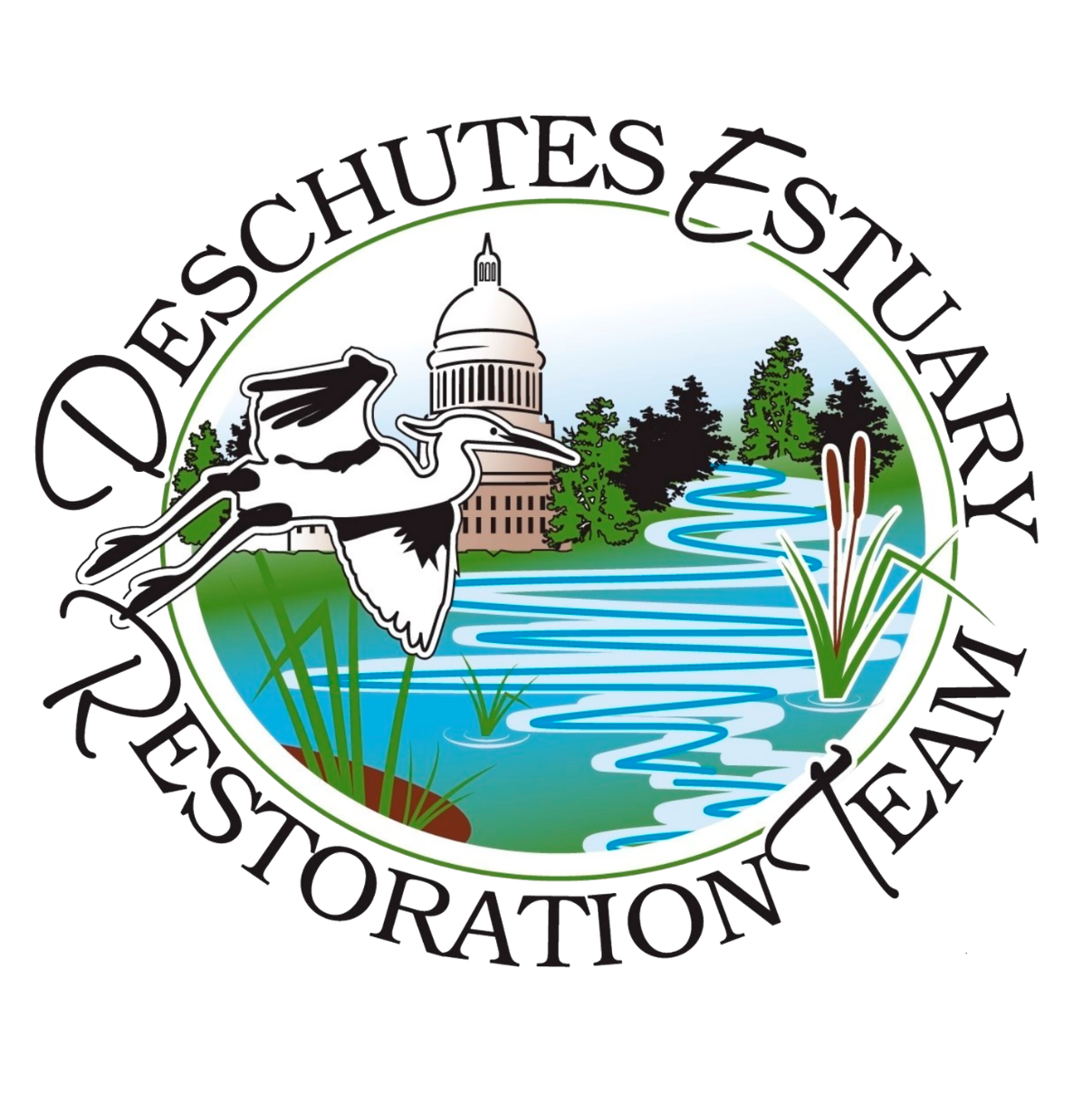
During a several years long water quality investigation of Capitol Lake and Budd Inlet, the WA Dept. of Ecology discovered that in addition to local impacts to water quality in Budd Inlet from the 5th Avenue Dam, the LOTT sewage treatment plant and other smaller local pollution sources, a significant amount of pollution enters Budd Inlet from sewage treatment plants north of us in the form of nitrogen. Nitrogen acts as a nutrient for plankton in marine waters, just like fertilizer acts on your lawn to produce more grass. The problem comes from the later die off of excessive plankton and algal blooms that then decrease the amount of dissolved oxygen in the water — often to levels below that needed for healthy fish and wildlife. To remedy the low dissolved oxygen events in many locations in Puget Sound, Ecology proposed to limit the ever-increasing discharges of nitrogen from expanding sewage treatment plants around the Sound. Ecology issued a Puget Sound Nutrients General Permit in December 2021. For the first time, this permit would establish limits on the amount of nitrogen that can be legally discharged by the treatment plants. The permit was appealed by eight municipalities and sewer districts, and cross-appealed by two environmental groups (WA Environmental Council and Puget Soundkeeper Alliance) and the Suquamish Indian Tribe. The state Pollution Control Hearings Board has tentatively scheduled a hearing on the appeals in December 2022. Some of the appeals requested a stay of the permit, but the PCHB has yet to rule on that issue. While DERT had some concerns with the permit, we supported the overall goal to first limit and then reduce discharges of nitrogen to Puget Sound. As an affiliate of Puget Soundkeeper, we will closely follow this issue and lend support where we can. For more information on the permit and appeals, see Ecology’s website: Nutrient Permit – Washington State Department of Ecology


